Shingo Potier is an expert on worldwide innovation and has been involved in creating a community in Japan based on “value”, and Tsuyoshi Aizawa is a former Yokohama real estate agent who is now creating a coworking space in Kannai. We spoke with them about the potential of Yokohama and its Kannai district through its proximity as the “far shore” of Tokyo.
This article was originally uploaded in August, 2018.
(Left) Shingo Potier, Impact HUB Tokyo, Co-Founder / w00rk LLC., CEO
(Right) Tsuyoshi Aizawa, plan-A, CEO
Japanese Innovation
Supporting a whole area is the Japanese way
Mr. Potier, you’ve networked with people from all over the world. From your perspective, what makes Japan different?
Potier: Japan is unique for a lot of reasons, and in the context of entrepreneurs those differences become starkly apparent when you compare it with America. In America, especially on the west coast, they have what I call a “superstar model,” where investors are always looking for that next breakout superstar entrepreneur to throw their weight and their money behind. There’s been some push in Japan to follow that kind of model as well, but Japan has a different way of doing things and the same model might not work here. What we often say is that we should be supporting an area, not just individuals within it. Of course that begs the question: how what is the best way to support a whole area? Well we don’t have a one-size-fits-all answer for that yet, but I think that supporting an area or a large community is certainly less risky than throwing a lot of money behind one person. But that’s why our group tends to talk about innovation in terms of “democratization.”
The Value of Yokohama
What sets Yokohama and its Kannai business district apart from the rest of Japan?
Potier: With the Japanese model I mentioned, there are some places where it’s harder to enact it, and some places where it’s easier. I don’t know if it has anything to do with being one of the most quickly internationalized places in Japan or not, but the reason I think that Kannai is unique is that I get the sense that it has a culture that really understands and embraces diversity. When you think about the kinds of locations, of environments that create innovation, there are places that are completely insular and closed-off, and then there are places that are completely open. And then between those two opposites there are degrees of comfortability and openness as well. Well in my personal opinion, Yokohama is nothing if not open and comfortable. I mean that with regards to the local government, and the local innovators as well.
I really get the sense that the local government is adopting a very progressive mindset about innovation. It’s less of a “let’s just get big companies with tons of money together and figure out what to do” kind of innovation that they seem to have in mind, and more of the majority-based, citizen-involved innovation that I was talking about before. Essentially, I believe that they’re seriously pursuing what will be the future of innovation.
Aizawa: I agree, I also feel that Yokohama has a very positive atmosphere, and perhaps that does have to do with the open-mindedness of its administration. It really creates a feeling of synergy both for myself personally but also for the citizenry in general. When I ran some inter-bureau seminars with some of the Yokohama government employees, and whenever I asked people if they wanted to join, I always got volunteers, regardless of station or bureau.
But Yokohama is an extremely large city, so whenever an initiative is proposed, even though each one individually should have a large impact, sometimes that impact ends up diffused, and it’s difficult to get the effects to spread across the city as a whole. Maybe it’s the kind of situation or location where it’s difficult to make any sort of movement happen without creating lots of smaller and compact points of force.
Being Tokyo’s “Far Shore”
Inspiration springing from Yokohama’s Diversity
This plan for an “Innovator’s Community” in Yokohama, is it based on the desire to create an ecosystem in Yokohama that will give rise to new business?
Potier: Well, first off I think that Yokohama and Kannai have an appeal that other cities just don’t have. If you’re a startup or an entrepreneur you’re constantly looking for new sources of inspiration, and while you can certainly get that from people, it can also come from places—from your surroundings. For example, try going on a walk through Kannai; be it from the mix of retro and cutting edge, or the diversity of food and culture, I bet you’ll feel inspired. What we’re trying to do is give back to this city, which has so much to give. For example, you can be inspired by nature, and you can be inspired by the atmosphere of a cosmopolitan, varied city and honestly right now I don’t think you’re going to get very much of either of those from Tokyo.
And you think you will from Yokohama?
Potier: There are currently a number of cities where innovation is said to thrive. Take New York, for instance. The rent in Manhattan is high and for many entrepreneurs it’s no longer the kind of place that they can even afford to live, so those people and all of the most interesting new businesses have been going across the river to the “far shore”—to Brooklyn. You can also look at San Francisco, where prices have jumped so high recently that even those who were already living there can’t afford to anymore, and they’re going across the bay to Oakland. And those people who like to be in the emerging areas and on the cutting edge, the entrepreneurs, artists, and creators, they’re following. I think Tokyo is facing the exact same situation. No one can afford to live in Tokyo anymore! (Laughs) I think that what’s important for entrepreneurs is being in a place which is affordable and easy to live in, surrounded by interesting peers. This concept of the cities on the “far shore” from the huge mega-metropolises, both metaphorically and physically, I think that concept will likely become even more important in the future.
How being on the Far Shore creates entrepreneurs
Connecting Minato Mirai and Kannai districts
Potier: So “Why Yokohama? Why Kannai?” The short answer is connections. Every area has resources but sometime the distances involved make it easy not to realize they’re there. What makes Yokohama unique is that Tokyo isn’t a place for work and for play anymore. Tokyo’s the place you commute to for your job, and Yokohama’s where you relax, where you have fun, where all your friends live, where your family lives. And because of all that I think the desire to be in Yokohama’s only going to keep going up.
If you were to make a ranking of the easiest countries to do business in, what you’d have to be looking for are things like whether entrepreneurs can connect with their peers, whether the rent is cheap, and how much access there is to technology that R&D, big businesses, and the government are investing in. In a sense when we’re talking about the ease of access to all of those factors we’re talking about a kind of metaphorical “distance:” measurable by how far an entrepreneur would have to go and work to achieve those goals. In Yokohama, that’s not a far distance to travel. Meanwhile there are a number of those crucial factors that are further away, and harder to access in Tokyo.
Yokohama’s Minato Mirai and Kannai districts are very close, both metaphorically but also literally, which makes it easier to figure out ways to strengthen their connection to each other. It’s factors like this that make Yokohama so special.
Aizawa: What Mr. Potier has been saying is very astute. Yokohama is promoting and developing, with large enterprises dynamically accumulating in Minato Mirai, and Kannai being molded into a gathering spot for startups. Using the same metaphor, the sense of “distance,” or rather, closeness, in Yokohama is very agreeable. There are major plans underway to renovate the City Hall in 2020, so the city’s going to have a lot on its hands in the next few years, but I think initiatives like that will prove to be important factors in continuing to invigorate the business environment. I think it’s great for a city with such clearly varying features to still have that feeling of “closeness.”
Opportunities in Kannai’s Development
What are the prospects of an area like Kannai, which you’ve noted is trying to attract startups?
Aizawa: As I mentioned, the Yokohama City Hall currently in Kanai is relocating, so that space and other spaces are opening up for private companies. This is an opportunity for startups to be able to move in to that area. But for that kind of strategy to work, there has to be a preliminary effort to promote Kannai as an attractive area. It’s important not just to advertise low rent, but also be able to point out all of the smaller factors which will draw in businesses, like planting seeds. It’s easy to imagine the effect of bolstered business in Kannai on restaurants, but the city hall building was right in front of the train station, Yokohama Stadium is also nearby, more and more areas nearby are also being redeveloped… it’s an optimistic situation. If, with all these changes happening, we can slowly begin to spread the word that new and interesting people and ideas are coming into the area, I have the feeling we’ll see Kannai begin to truly evolve.
Coworking Spaces in Kannai
A Central Networking Hub
As I understand it Mr. Aizawa, you’re currently planning* the creation of a coworking space in Kannai. What can you tell us about that?
(*The coworking office has since opened, in June 2019 https://gih.yokohama/ )
Aizawa: The head office of my last employer, List, is actually located very close to here (Onoe-cho, Naka-ku, Yokohama), and when they came under ownership of a nearby Kannai building that building was over 50% vacant! I’ve always felt a very personal connection to the issue of invigorating the Kannai area, and during my time working with that kind of local development company, I especially felt like “Well if we don’t do this, who will?” We actually had fairly solid ideas about what we wanted to do, but the question for me as a developer was how do we categorize this idea to make it attractive and understandable. Do we call it a “shared office”, a “coworking spaces”, or use some other word entirely? What was most important to me was creating a central networking hub that can bring people together, because I think that’s the best environment for creating innovation. That’s the idea I had, but the labeling was important too, and not something I wanted to take lightly.
I wanted to make sure the space would be open to government employees, because even though the city hall will be relocating out of Kannai, some of the employees that work there will still live in this area. Also, I want to make sure it’s open to the people working at the research facilities in the nearby Minato Mirai district. The more different groups of people we can have join us, the more diverse the space’s networking capabilities will be. I’d like this space to be one that can connect Minato Mirai to Kannai, private workers to public ones, and even connect other shared offices and coworking spaces together.
Potier: The draw of a coworking space isn’t its location as much as its function: what does it provide? On a recent project of ours, when deciding what to label a location by its function, “Civic Innovation Center” was what ended up landing for us. It encapsulated the core ideas we wanted to convey: namely that anyone can enter, and that it was a space for citizens to innovate. Not exactly an accelerator, not exactly a coworking space, not exactly a shared office… having many of the functions of each but even more, and open to the public.
The community as it stands
Mr. Potier, you’ve called coworking spaces “communities connected by value.” Can you explain the meaning behind that phrasing?
Potier: When our business was established 6 years ago, a time when the media still needed an explanation to understand what a coworking space even was, someone showed me an assembly room with a kitchen installed and was like “Is this a coworking space?” (Laughs) That’s the kind of era we started in. Of course now they’re all over the place, and the term can mean anything from a tool to help entrepreneurs grow, to a place that offer connections abroad, community building, or even acceleration programs. Now the work “coworking” just encompasses too much and has too many associations, so I think it’s best if we avoid it and be more specific about what we’re trying to do.
Networks, knowledge, and bringing people together
So how would you define a “community connected by value?”
Potier: A major model of innovation up until now, as I mentioned a little earlier, has been finding an excellent, promising entrepreneur and helping them gather capital (we call it the “San Francisco Model”), so the context for this is that there’s been a lot of buzz around adopting and pushing that model in Japan. Now a lot of things depend on that entrepreneur’s skill, drive, and luck, but I think that our job is doing what we can to create an environment for them where it’s easy to acquire knowledge and talented employees. So when I say “value,” I’m referring to the other things besides money. And when it comes to networks, there’s value in the connections between people. That’s why I’ve used that term.
What do you think is necessary for Yokohama’s community?
Potier: Considering the scale of Yokohama as a city, we’ve been talking about a number of things that, function-wise, we think could prove useful for the area. Like if there should be an open, “Impact Hub Yokohama” kind of place. But we wouldn’t want anything we build to just seem like something brought in from Tokyo, we think that these projects should have a kind of “Yokohama-ness,” a branding to them that makes them unique suited Yokohama. We want to work with the already-existing community.
The “Power” a place can hold
Lastly, Mr. Aizawa, can you tell us about the lounge you renovated in the List Group building last year?
Aizawa: We turned the empty first floor into a lounge that has a capacity of 90 people. The building itself is 60 years old. I think that the power held in a place is really a spectacular thing. Through our renovation we managed to turn a place that felt very “closed off” and hard for new connections and value to be created into a place where people can come and gather even without specific intent, and new connections and value will surely come from that. That’s the real power a place can hold.
Potier: We often go through a lot of consultations and get advice from various people, but there are still a lot of things to worry about for people like us after we’ve created a space like that. Guys especially just like to make cool stuff, and it’s only afterward that the worries set in. (Laughs) Like there’s always the risk that people won’t gather, or that interesting things won’t happen there.
Aizawa: (Laughs) Very true!
Potier: The “power” of a place is very important, as is who the space is for, and if it’s valuable to the community. Basically what I’m trying to say is that it’s not the “box” that’s most important, it’s what’s inside. Even if you have a car, you’re still going to need a driver.
Aizawa: Yes, it all comes down to “people.” People and Place—they come as a set. Even if a car has the most amazing functions and capabilities, if someone who can’t drive gets in, they won’t be able to do anything.
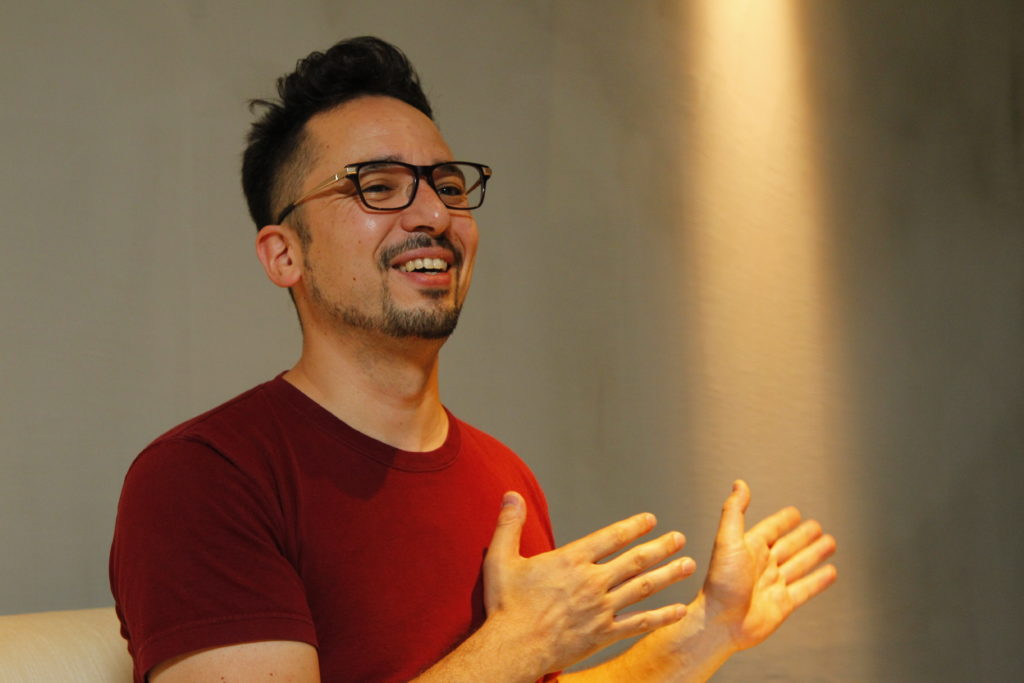
“When we think about entrepreneurs, to us it doesn’t matter as much to us whether or not they’ve literally started a business yet; what’s more important is whether or not they have ‘entrepreneurship.’ It’s all about that entrepreneurial spirit—people with heart and drive.” – Potier
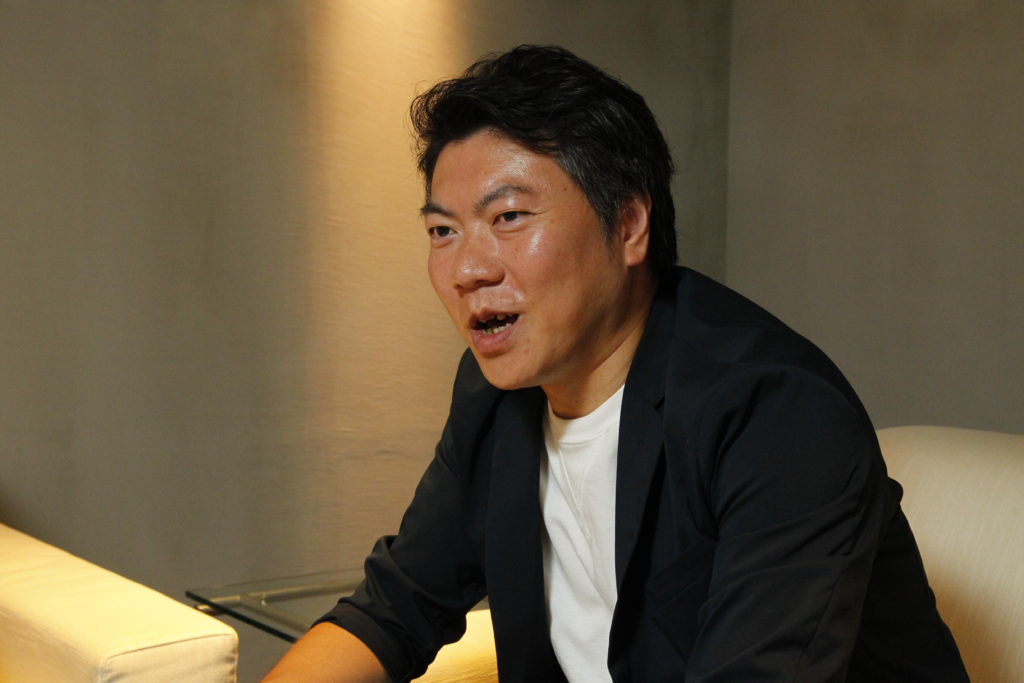
“Similarly, in a network, spirit is very important. If you resonate with someone’s way of thinking, you want to hold a connection with them, and the network starts creating itself. It’s like a series of dots becoming a line.” – Aizawa
Profiles
Shingo Potier, Impact HUB Tokyo, Co-Founder / w00rk LLC., CEO
Innovation specialist and business producer. Co-founder of Impact HUB Tokyo, a community managed by HUB Tokyo. Impact HUB is the largest entrepreneur network in the world, currently deployed in around 100 locations across the globe. Completed a master’s degree in mechanical engineering from Imperial University, UK. After working for a financial institution in London, he became involve with startups and the creation of startup ecosystems. Came to Japan in 2012. Specializes in the design and simulation of space, people, networks, and systems as a catalyst for innovation and concept creation.
Source: HUB Tokyo Website.
Tsuyoshi Aizawa, plan-A, CEO
Creative producer and innovation supporter. After working for a major household goods brand, he worked as a museum manager before transferring to List Co., Ltd. through a renovation company. In addition to planning and producing the town development business as the company’s Creative Producer, he also developed an apartment building renovation project as part of the promotion of overseas projects, industry-academia collaboration, and utilization of vacant houses. Left List in May, 2018. In addition to the housing industry, he is involved in various projects for local governments and other industries, and remains an advisor to List Group.
Original Article: https://yi.city.yokohama.lg.jp/voice/voice5/
(The original article was uploaded in August, 2018.)
Learn more:
Yokohama’s Innovative Culture
Read more of our Innovation Interview Series
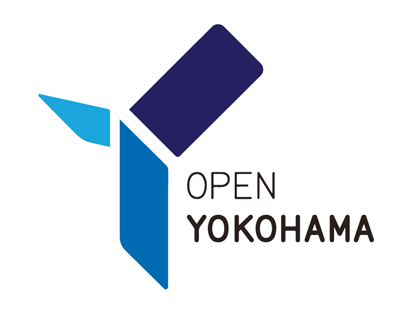
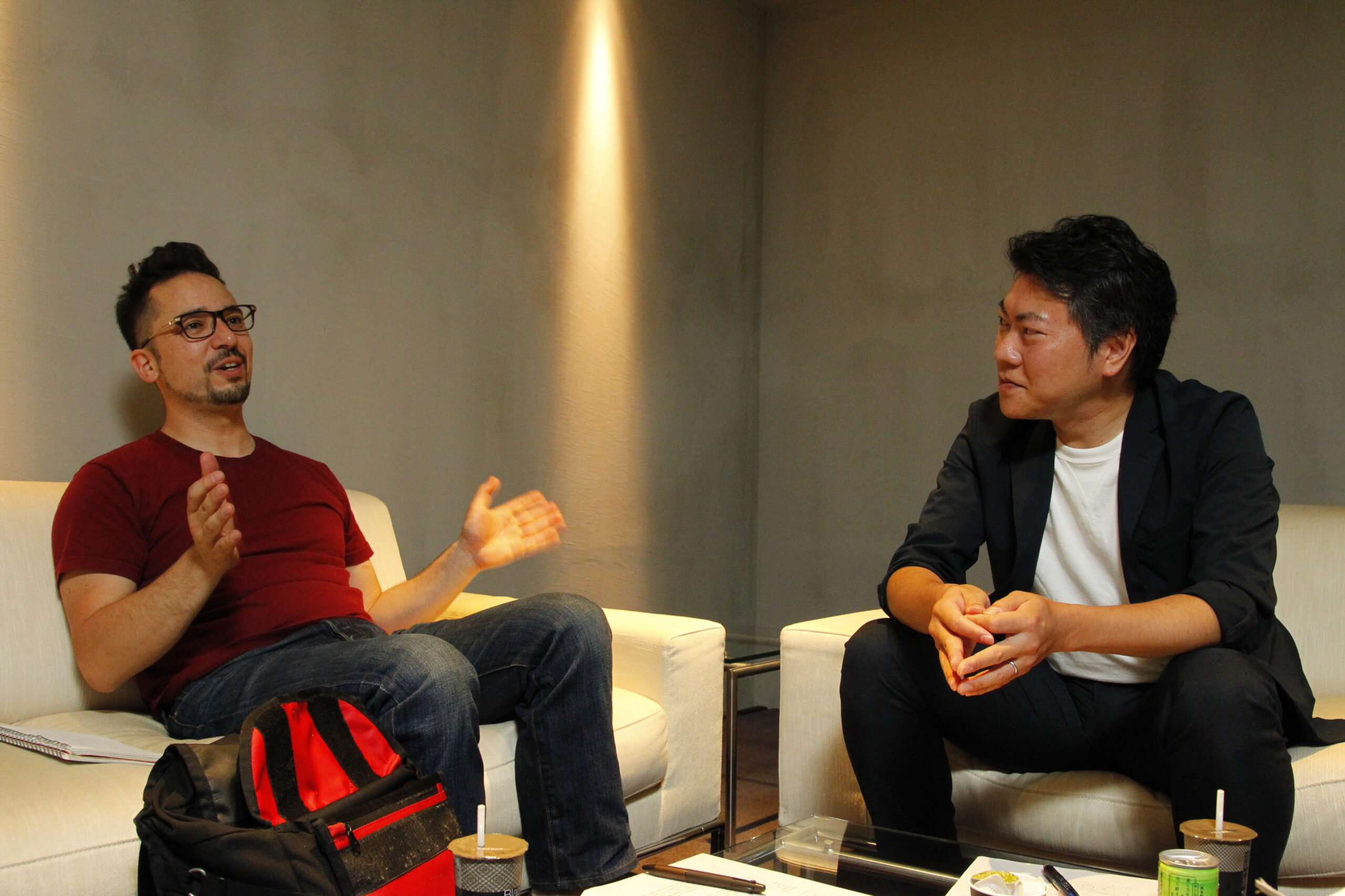


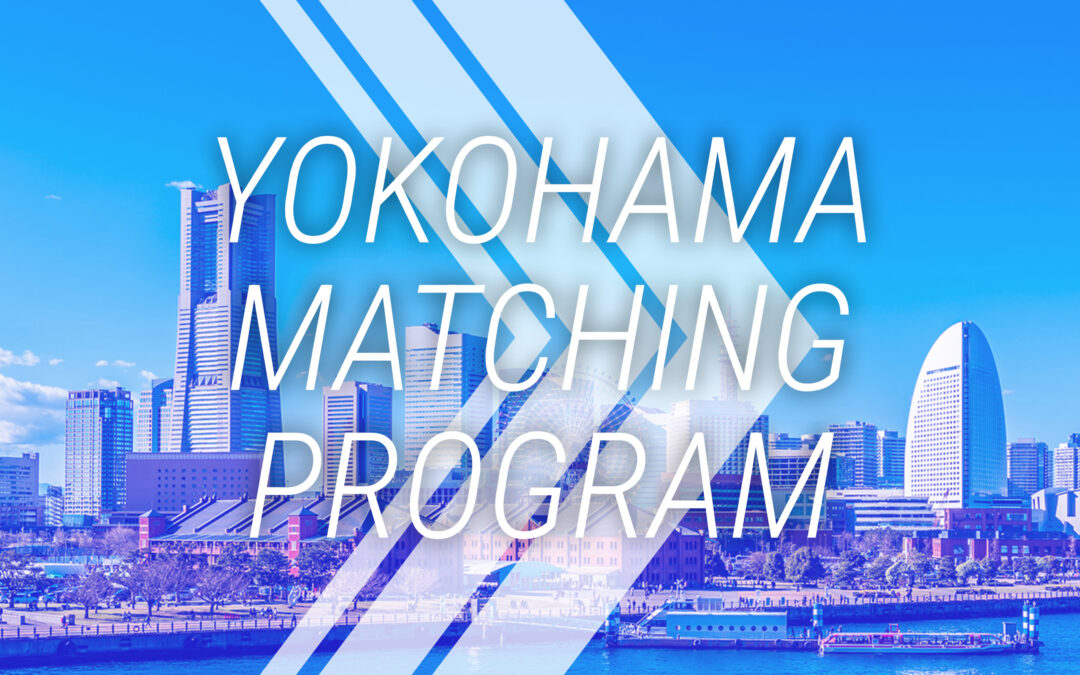
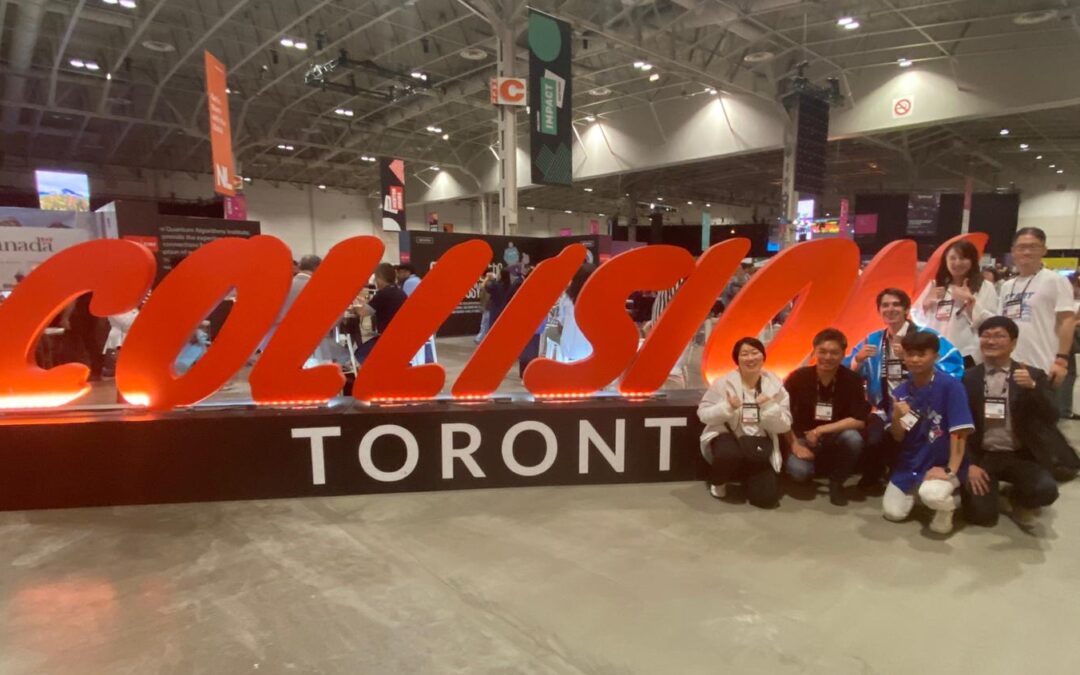
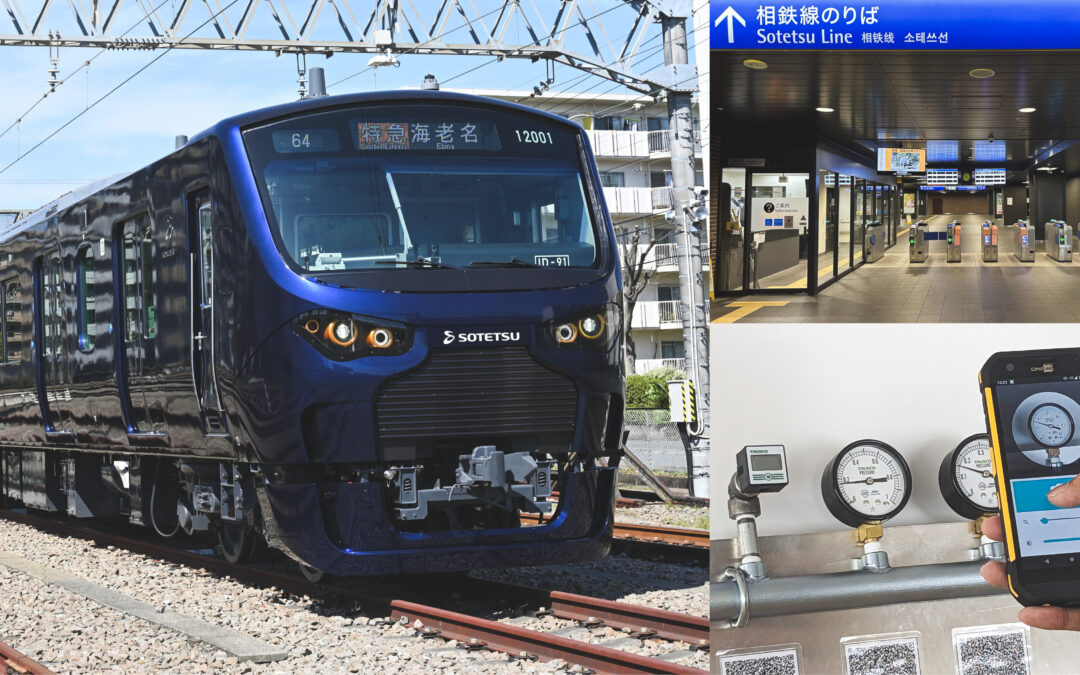
-1080x675.jpeg)
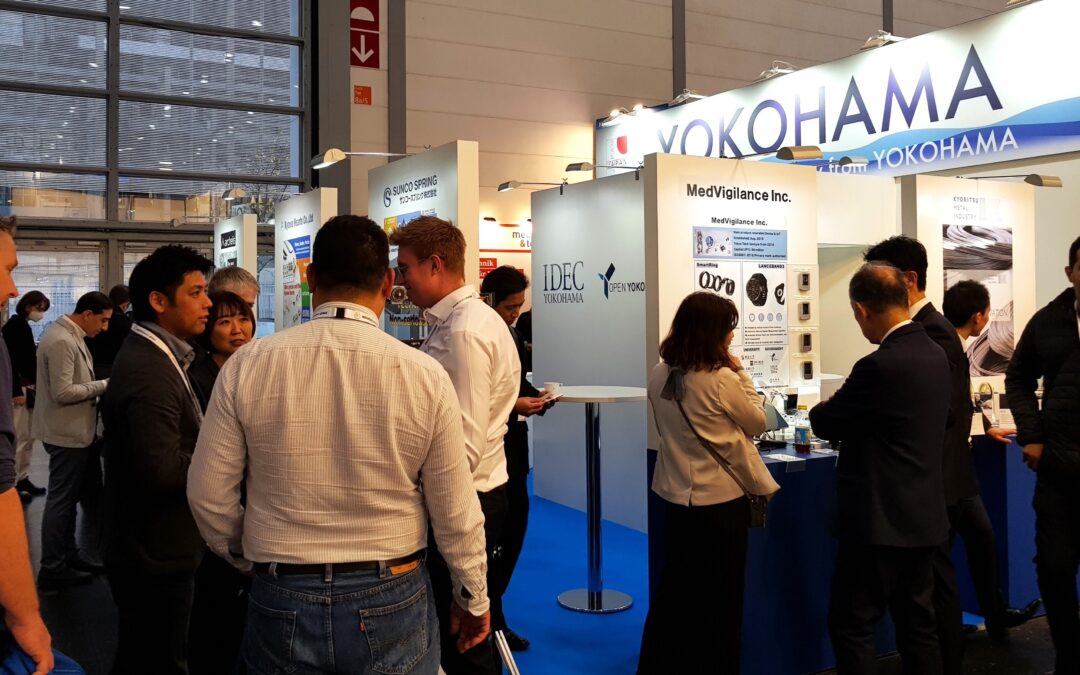
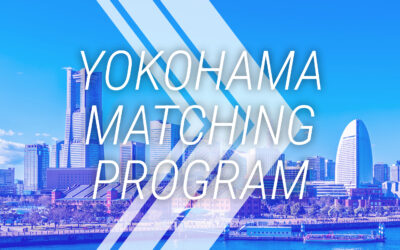
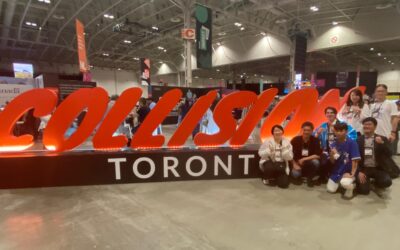
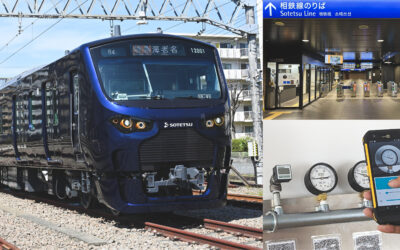
-400x250.jpeg)